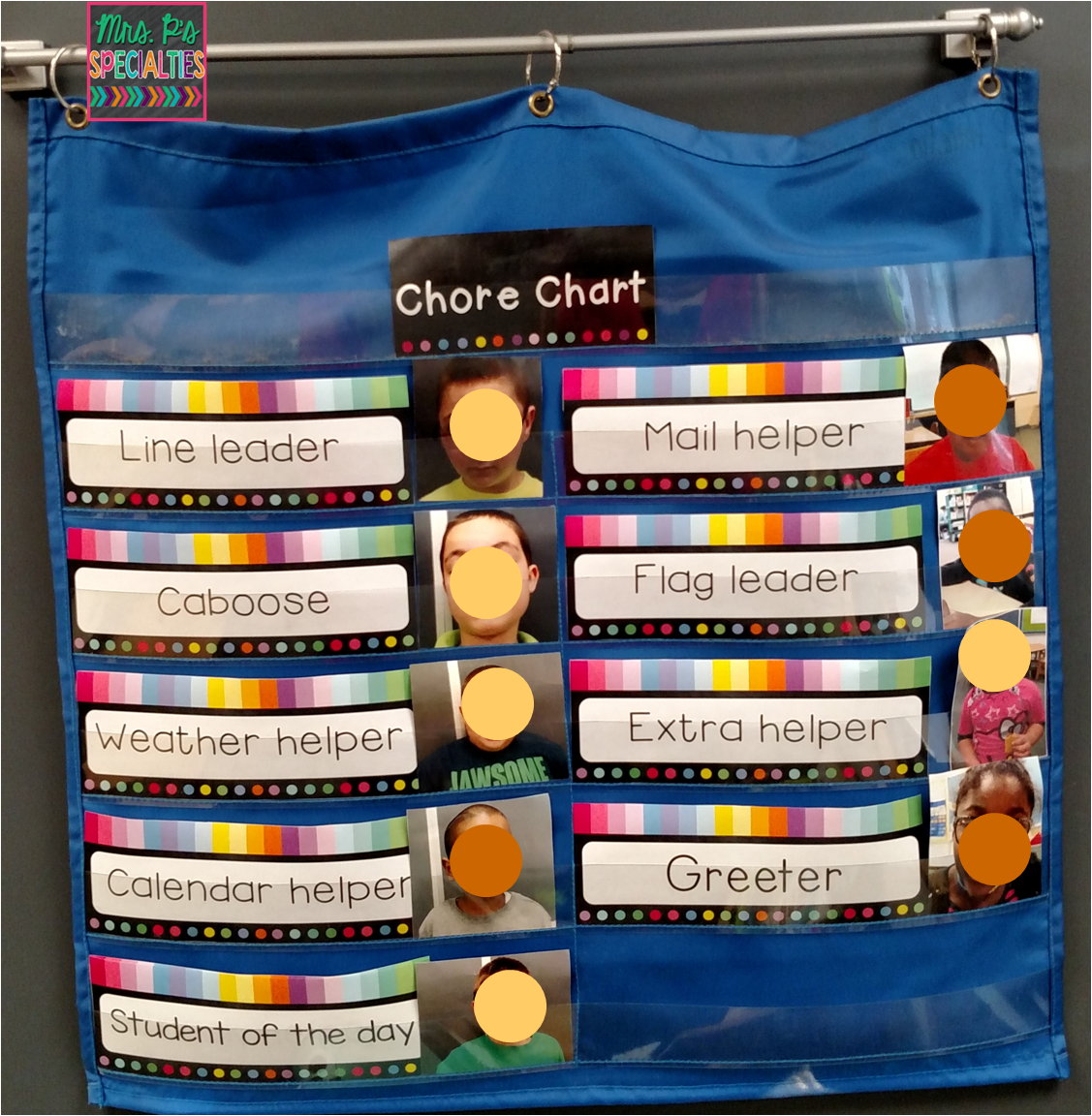
The Importance of Classroom Jobs
Creating a classroom jobs system is an essential aspect of any effective classroom management plan. When students have designated roles and responsibilities, it not only helps the teacher maintain a structured environment but also fosters a sense of ownership, responsibility, and community within the classroom.

Setting Up a Classroom Jobs System
1. Identify the Jobs: Begin by brainstorming various tasks and responsibilities that can be assigned to students. Some common classroom jobs include line leader, door holder, paper collector, librarian, and classroom monitor.

2. Job Descriptions: For each job, create a detailed job description that outlines the specific responsibilities and expectations. This helps students understand their roles and ensures clarity.

3. Application Process: Introduce an application process where students can apply for the desired jobs. This can involve filling out a simple form or writing a short paragraph explaining why they are suitable for the position.

4. Job Rotations: Consider implementing a system of job rotations. This allows students to experience different roles throughout the year and prevents monotony. Ensure a fair and systematic rotation process.

5. Training and Support: Once students are assigned their jobs, provide necessary training and support to help them fulfill their responsibilities effectively. This can involve demonstrating tasks, providing written instructions, or pairing students with experienced peers.

The Benefits of Classroom Jobs
1. Responsibility and Ownership: Classroom jobs teach students about responsibility and accountability, as they understand the importance of completing tasks assigned to them. This fosters a sense of ownership in the classroom environment.

2. Community Building: By working together and relying on each other to fulfill their roles, students develop a stronger sense of community and teamwork. This creates a positive and supportive classroom atmosphere.
3. Skill Development: Classroom jobs provide opportunities for students to develop various skills such as organization, leadership, time management, and communication. These skills are transferable and beneficial in their academic and personal lives.

4. Reduced Teacher Workload: By delegating certain tasks to students, teachers can focus more on instructional activities and individualized support. This helps in creating a more efficient and productive learning environment.

Conclusion
Implementing a classroom jobs system is a win-win situation for both teachers and students. It not only helps in managing the classroom effectively but also empowers students by giving them responsibilities and fostering a sense of community. By creating a structured and collaborative environment, classroom jobs contribute to a positive and productive learning experience.